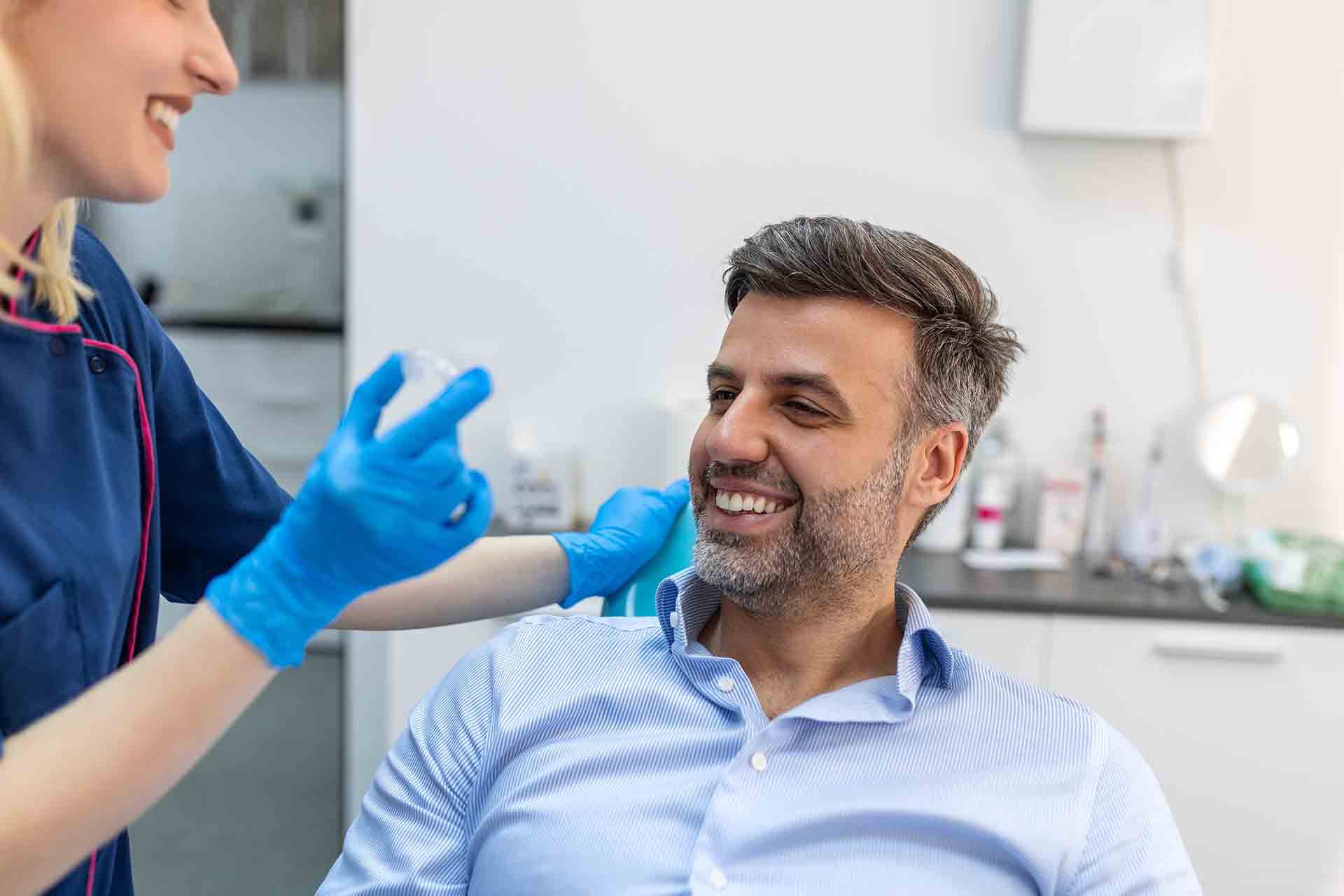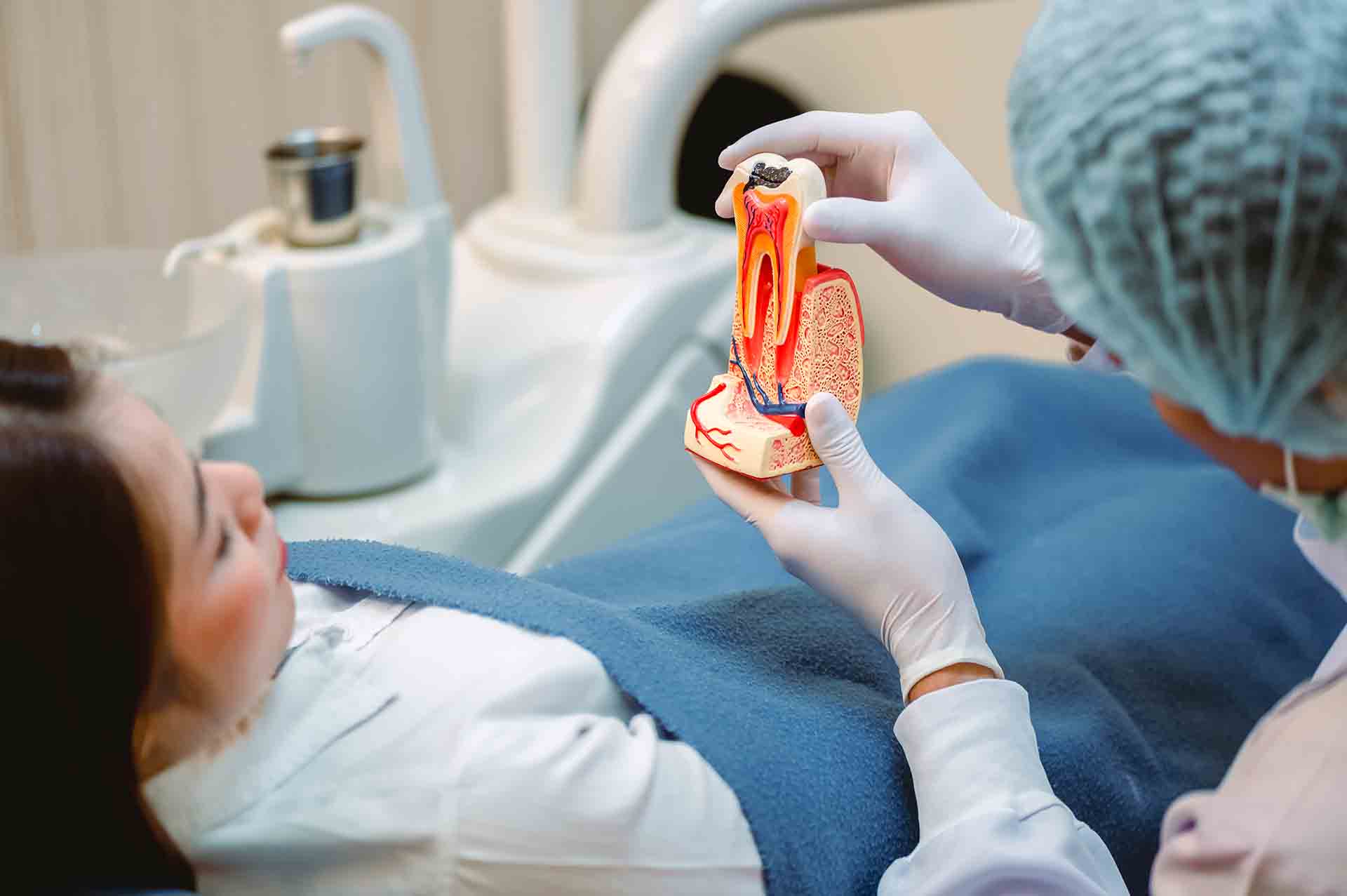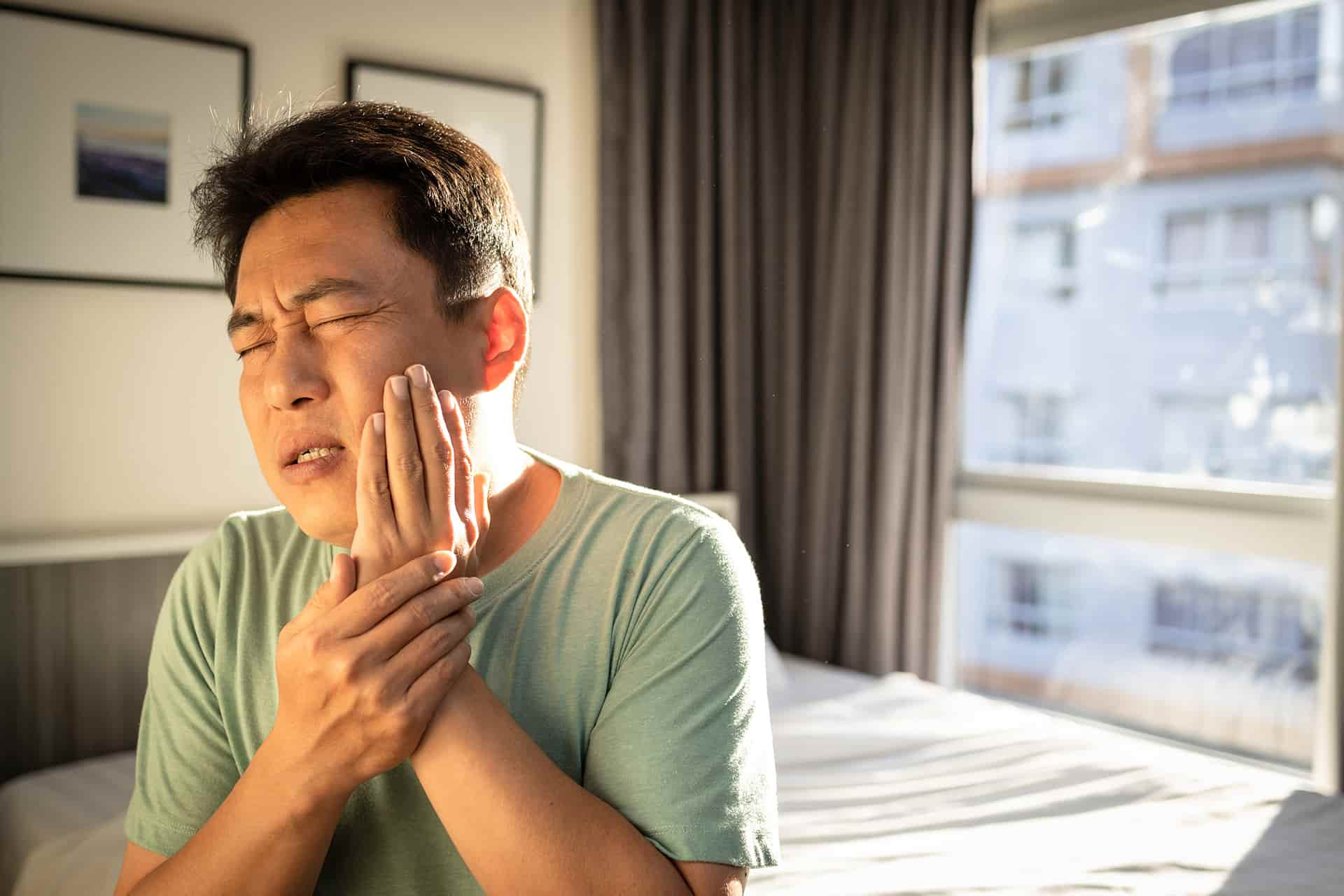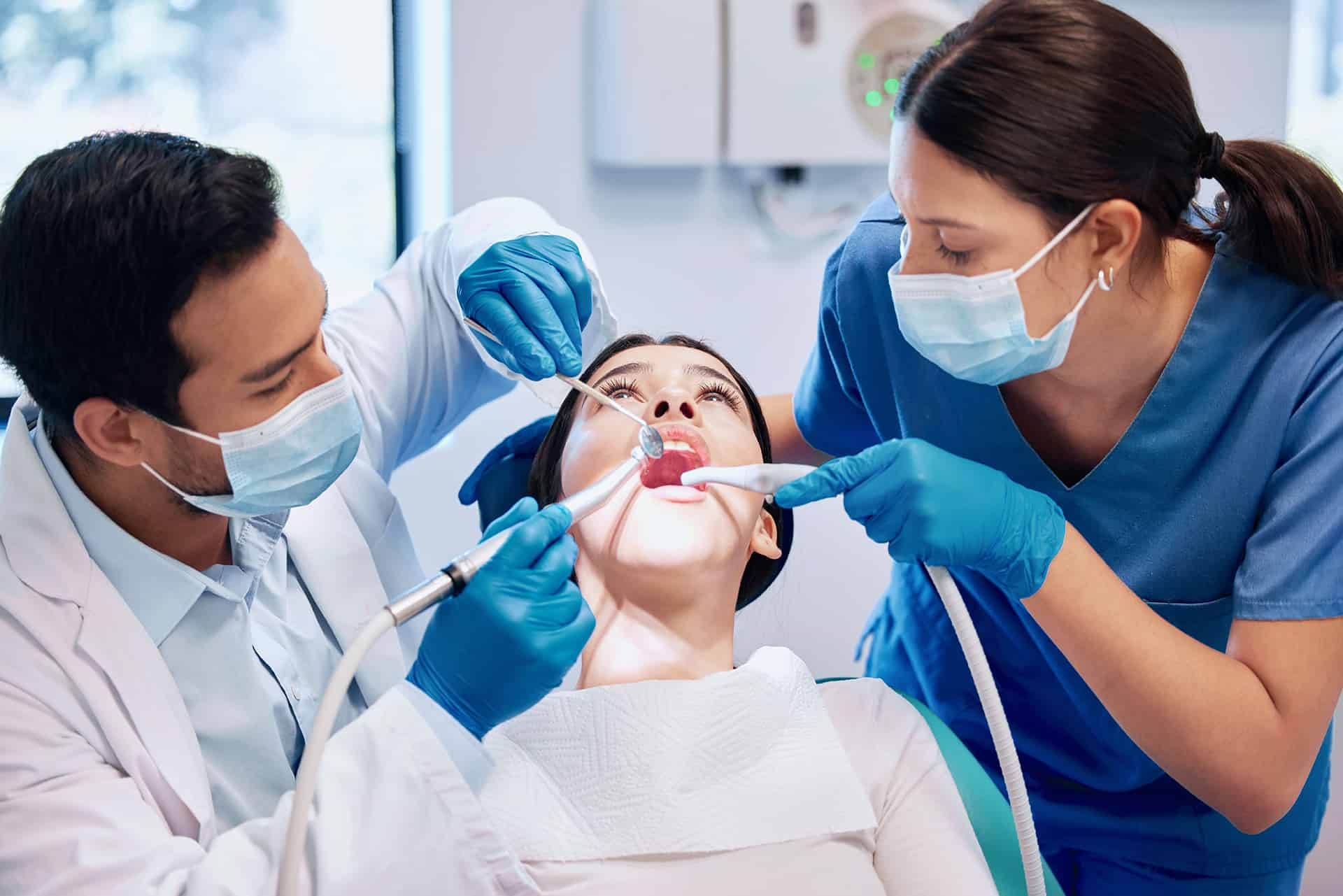
Can I Smoke Before Oral Surgery
March 2024
If you're a smoker and scheduled for oral surgery, whether it's wisdom teeth removal or a tooth extraction, you may find yourself asking Can I smoke before oral surgery?
It's important to adhere to specific guidelines before the surgical date and one crucial piece of advice often given is to stop smoking prior to your surgical appointment. In this article, we'll explore the reasons why it's essential to avoid smoking before oral surgery and the potential consequences if you don't follow this advice.
Why No Smoking Before Wisdom Teeth Removal
Before diving into the specifics of how long you should abstain from smoking, let's address why it's strongly recommended to refrain from smoking prior to oral surgery, especially wisdom teeth removal or a tooth extraction. Smoking introduces several risks and complications that can adversely affect the outcome of your surgery.
When you smoke, you inhale a range of harmful chemicals, including nicotine and tar, which can constrict blood vessels and impair blood flow. This can lead to reduced oxygen delivery to the surgical site, slowing down the healing process. Furthermore, smoking increases the risk of infection, delays wound healing, and can even cause dry socket—a painful condition that can occur after tooth extractions.
What Happens if You Smoke Before Oral Surgery
Now, let's address the critical question: What happens if you smoke before oral surgery? Smoking prior to your surgical date can have significant repercussions. The harmful substances in cigarettes can interfere with the body's ability to heal and increase the chances of post-surgery complications. These complications may include infection, delayed healing, and increased pain and discomfort.
How Long to Not Smoke Before Wisdom Teeth removal
Ideally, you should stop smoking at least 48 hours prior to your surgical date. This allows your body some time to clear out the toxins and for your blood circulation to improve. However, quitting even earlier, if possible, is advisable to maximize your chances of a smooth and uneventful recovery.
It's important to note that the recommendation against smoking applies not only to traditional cigarettes but also to vaping. Vaping before wisdom teeth surgery is equally discouraged because it still exposes you to harmful substances that can hinder the healing process.
On the day of your surgery, it's vital to follow all surgical date instructions provided by your oral surgeon. Please wear loose-fitting clothing, remove contact lenses and jewelry, and avoid excessive makeup or nail polish. A responsible adult must accompany you, as you won't be allowed to drive a vehicle after the procedure.
In conclusion, choosing to smoke before oral surgery is a risky decision that can lead to various complications and hinder your recovery. To ensure a successful surgical outcome and a smooth healing process, it's best to stop smoking well in advance of your procedure. Your oral surgeon's guidance and recommendations should always be followed to minimize potential risks and promote a speedy recovery. Remember, your long-term oral health is worth the temporary sacrifice of smoking cessation before surgery.
Most Read



Can General Dentists Do Invisalign? Everything You Should Know Before Starting Treatment
December 2025









Just In



Can General Dentists Do Invisalign? Everything You Should Know Before Starting Treatment
December 2025










